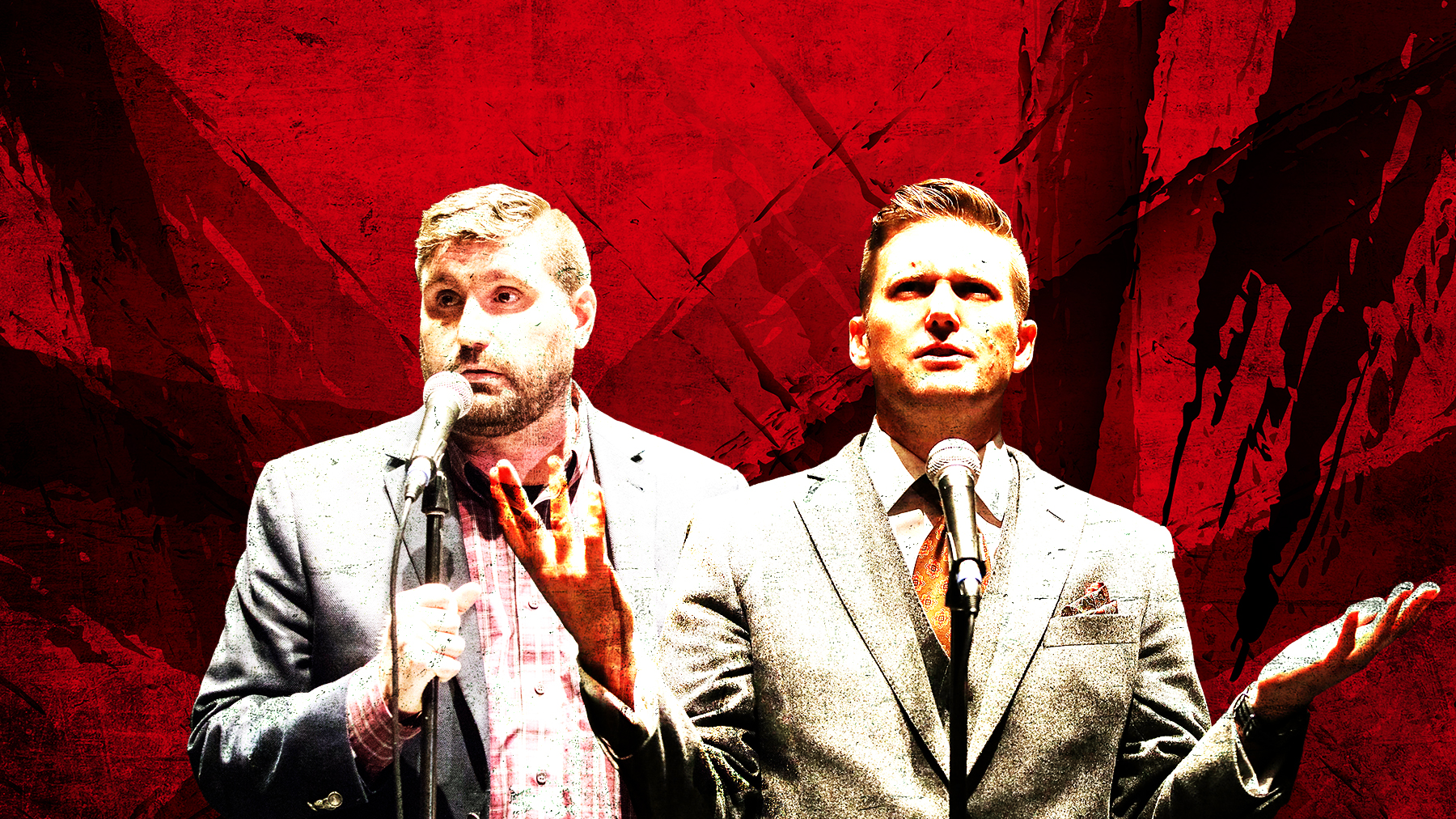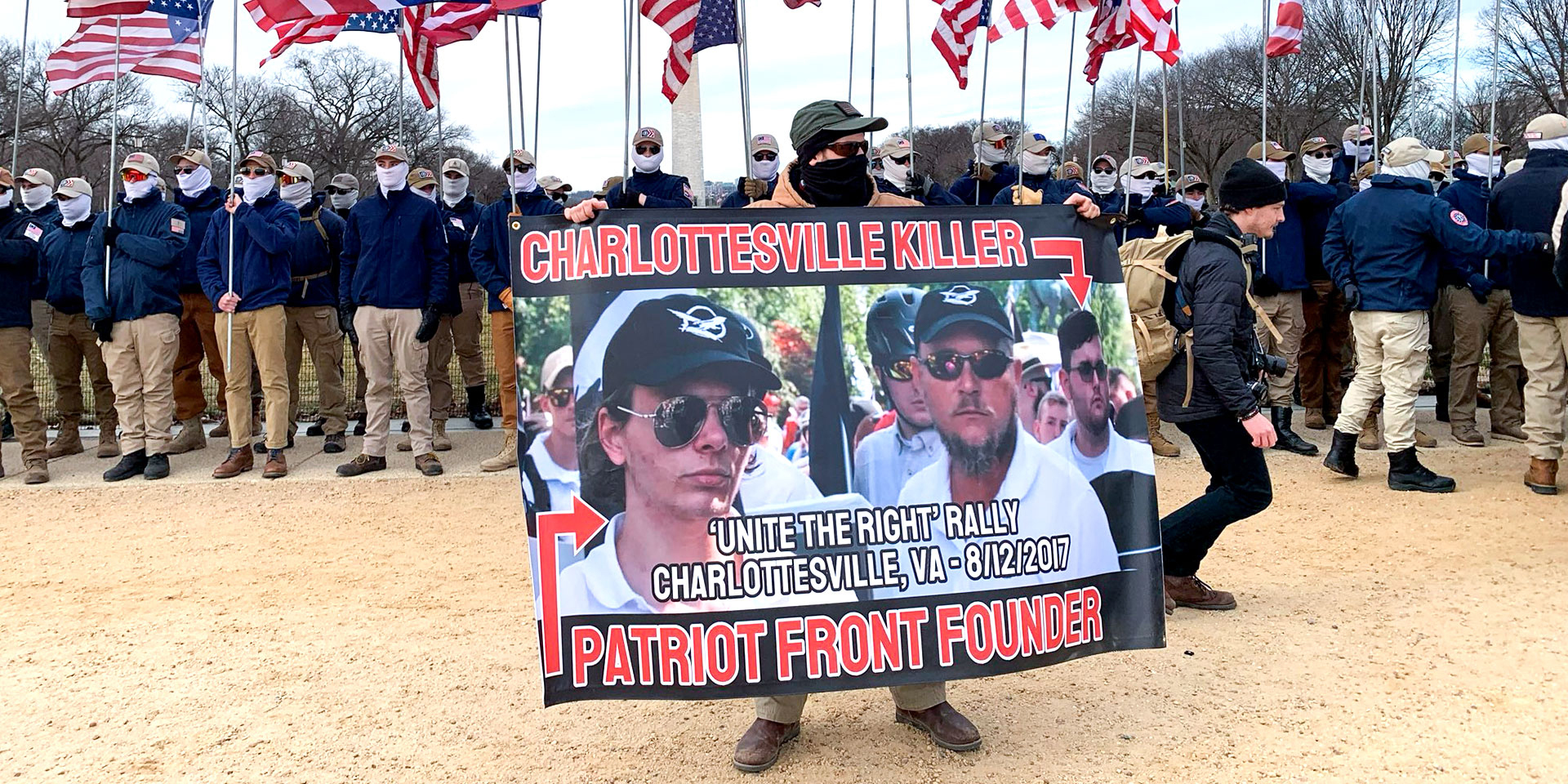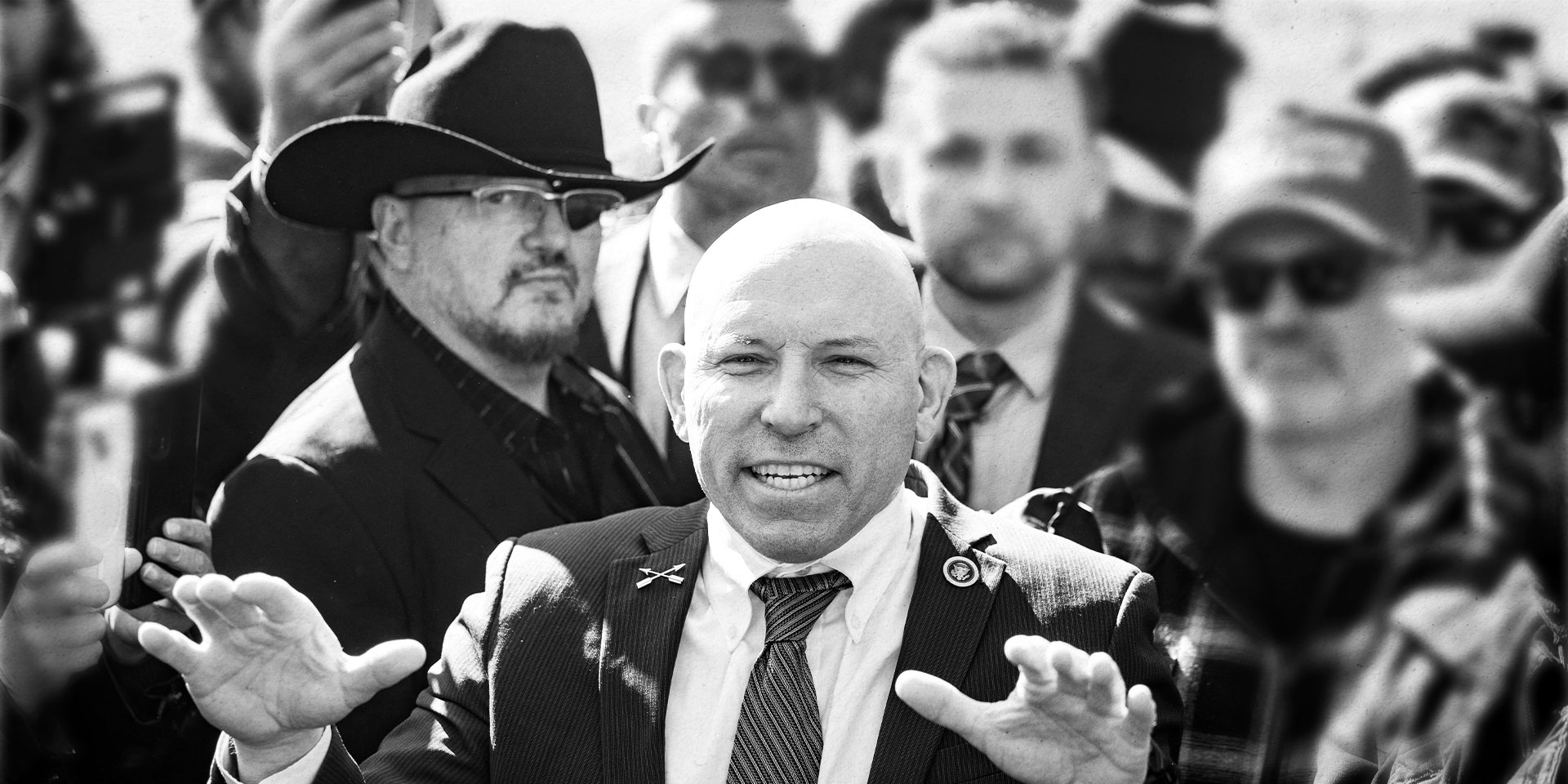Racist alt-right frontman Richard Spencer has tried to avoid this moment.
Despite months of attempts at fundraising to hire an attorney, Spencer, who has been booted off of or lost access to several fundraising sites in recent months, has pulled in only $19,000 of the $25,000 he says he needs on the site freestartr.com.
Now, lacking a lawyer, Spencer and Michael “Enoch” Peinovich face the prospect on Thursday morning of arguing on their own behalf why a federal lawsuit stemming from the Unite the Right rally should be dismissed.
Spencer heads the National Policy Institute, an alt-right think tank, and Peinovich runs The Right Stuff podcast and makes public appearances at alt-right and white nationalist events.
Neither man is a practicing attorney and neither seems to have any legal background, raising the specter of the old saying attributed to President Abraham Lincoln: “He who represents himself has a fool for a client.”
The federal lawsuit names a host of alt-right figures, including Spencer, Peinovich, Daily Stormer editor Andrew Anglin and Unite the Right organizer Jason Kessler.
U.S. District Judge Norman K. Moon will hear arguments on the dismissal motions starting at 10:30 a.m. at the federal courthouse in Charlottesville, Virginia.
The rally, a big public push by the alt-right, featured a torch-lit march by white supremacist chanting “Jews will not replace us” and saw a follower plow a car into a crowd, killing 32-year-old counter-protestor Heather Heyer.
Plaintiffs in the case are trying to show that the Unite the Right rally wasn’t a case of free speech, but rather an organized call to violence by white supremacists, white nationalist and racists generally.
The central argument is that the violence of Unite the Right was premeditated, making the actions that took place on August 11 and 12 evidence of a conspiracy.
Should the judge rule in favor of the plaintiffs, the case has the potential to bankrupt the most virulent parts of the alt-right, a loosely affiliated far-right group that embraces white nationalism.
Defense attorneys, led by alt-right adherent James Kolenich, argue that the Unite the Right organizers needed to be organized and prepared in order to defend themselves from attacks. A provision in American law protects “inflammatory speech,” or speech that angers, offends or upsets someone.
That type of speech is generally protected, even at a rally or organized gathering.
But, there is an exception for when speech is aimed at creating “imminent lawless action” or is likely to produce such action.
The U.S. Supreme Court set that bar in 1969 in an Ohio case in which a Ku Klux Klan leader was convicted under an Ohio law that made it illegal to publicly advocate for criminal activity.
The case has already spread to other racist figures not named as defendants, as a judge on May 17 ordered one-time Ku Klux Klan grand wizard David Duke to review and turn over by June 18 his emails, social media messages and other communications related to the deadly rally.
Now, after the hearing, it will be up to judge Moon to decide if Spencer and Peinovich were fools for attorneys and clients or if the behavior at Unite the Right was simply free speech gone wild.
Image credit: SPLC illustration






